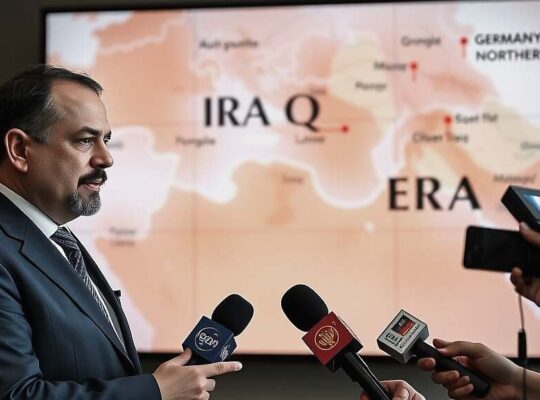Germany’s leading economic advisor, Monika Schnitzer, has highlighted substantial opportunities presented by the increasing integration of artificial intelligence into the workforce.
Speaking to Redaktionsnetzwerk Deutschland, Schnitzer suggested that AI could allow for maintained, or even increased, productivity levels with a potentially smaller workforce. “This enables greater output and, therefore, also higher wages” she stated, emphasizing the potential economic benefits.
However, Schnitzer cautioned against the notion of widespread job displacement. She explained that while certain tasks may become automated, human oversight and interpretation will remain critical. “There will always be a need for people to manage what AI has created, to interpret it and to apply it correctly” she noted. She used the example of self-checkout systems replacing cashiers as an illustration of tasks being superseded, adding that not all job losses should be lamented, referencing historical shifts in employment like the decline of coal mining.
Schnitzer also pointed to demographic changes creating favorable conditions for younger workers. “Young people are in a much better negotiating position in the labor market than the baby boomers were, who faced much more competition” she explained. She suggested this dynamic could empower younger generations to demand attractive working conditions, such as remote work opportunities.












